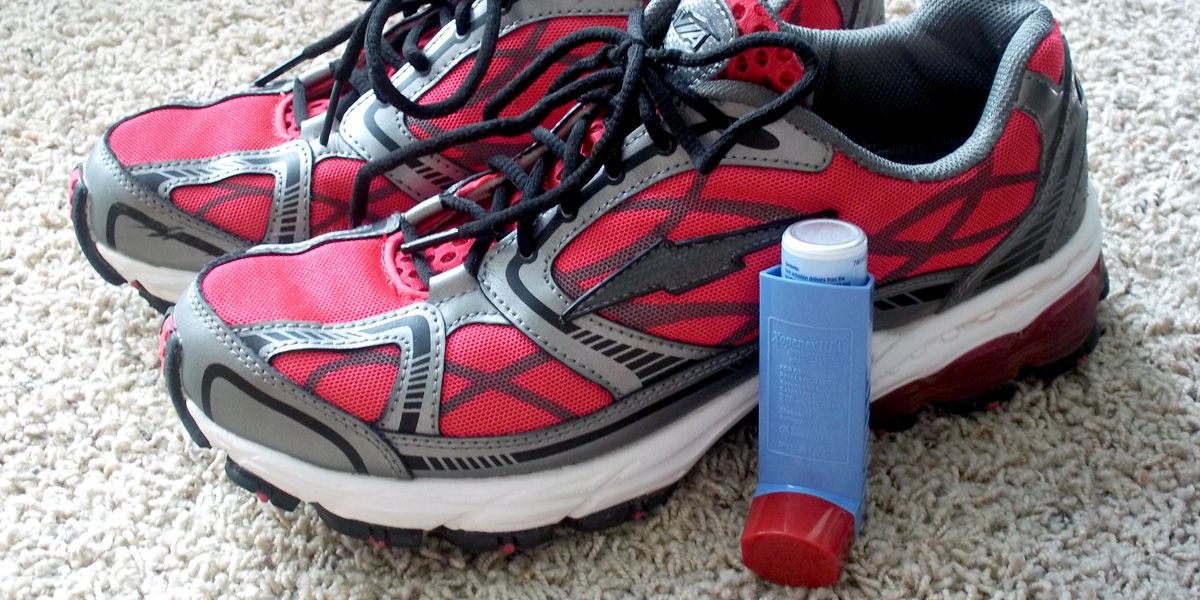

By Michelle Schoffro Cook
It’s the season of outdoor activities: running, beach sports, hiking, swimming … But for asthma sufferers, the combination of pollens and outdoor exercise can trigger a serious asthma attack. But, according to new research there is new hope for those suffering from asthma and exercise-induced asthma in particular.
The study published in the British Journal of Nutrition found that a supplement known as B-GOS—a type of prebiotic that acts as food for beneficial microbes in the gut—can actually reduce the incidence of exercise-induced asthma. Asthma is characterized by wheezing, narrowing of the passageways in the lungs, shortness of breath and chest tightness. Approximately 17.7 million adults and 6.3 million children in the U.S. suffer from the condition. Up to 90 percent of asthma sufferers experience attacks brought on by exercise, making it difficult to participate in their favorite fitness activities.
The study authors assessed the value of a prebiotic supplement known as Bimuno-galactooligosaccharide (B-GOS). The participants were divided into those with exercise-induced asthma and those without asthma who acted as controls. Participants received the supplement for three weeks, then took nothing for two weeks before they received identical-looking placebos for an additional three weeks. After each three-week period, the researchers conducted blood tests to identify markers of airway inflammation. They also undertook hyperventilation tests—exercise-induced asthma attacks—and their lung function was measured.
Not surprisingly, the control group showed no change in lung function or lung inflammation after taking the B-GOS, while asthma sufferers experienced significant improvements. Not only did lung function improve, the blood markers for asthma also decreased, suggesting a reduction in airway inflammation. While the exact mechanism of effectiveness is still unclear, it is probable that the prebiotics, which feed beneficial microbes in the intestines, caused the beneficial, anti-inflammatory probiotics to multiply, which has been shown in many other studies to cause a reduction in inflammation, even if it manifests outside of the gastrointestinal tract (GI).
B-GOS is naturally found in lactose in cow’s milk and in soy beans. If you choose either of these food sources, be aware that both tend to contain genetically-modified organisms (GMOs) so it is best to choose organic options instead. B-GOS tends to be more stable than other prebiotic sources, including: inulin and FOS. In other words it survives the acidity of stomach acid and heat of metabolism fairly well. While other prebiotics may be helpful as well, I am not aware of any studies assessing their effectiveness for exercise-induced asthma.
This article was reposted with permission from our media associate Care2.

 233k
233k  41k
41k  Subscribe
Subscribe 
